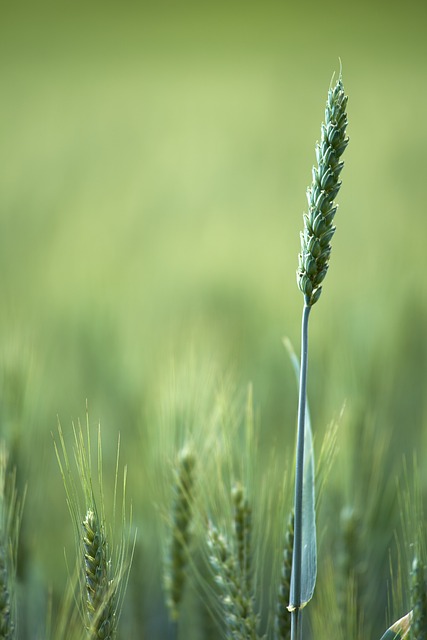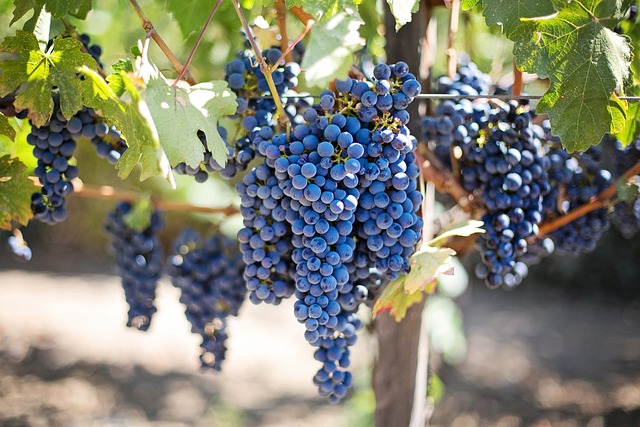Junction City's founding in the mid-19th century was fueled by agriculture, transforming it into a bustling farming hub. Early settlers' legacy is evident in its rich agricultural heritage, marked by wheat, corn, and hay production. Strategic location and advancements in farming techniques boosted its economy, leading to diverse crop expansion. Today, Junction City preserves its history through open space protection, sustainable farming practices, and culinary celebrations, showcasing pride in its founding story and commitment to the land's future.
Junction City, with its rich agricultural history, has evolved from humble beginnings into a thriving community. Founded in the late 19th century, the city’s roots trace back to early settlers seeking fertile lands for farming and ranching. Over time, Junction City flourished through extensive agricultural development, becoming a key hub for regional produce. This historical legacy is not just a part of the past; it continues to shape the city’s identity today, with efforts to preserve its agrarian heritage ensuring its enduring significance.
- Origins and Early Settlement: Tracing the Roots of Junction City
- Agricultural Development and Growth: Shaping the City's Landscape
- Historical Impact and Legacy: Preserving Junction City's Agrarian Heritage
Origins and Early Settlement: Tracing the Roots of Junction City

Junction City’s origins can be traced back to the mid-19th century, a time when the region was undergoing significant transformation. The area, rich in agricultural potential, attracted early settlers who recognized its value. These pioneers established small farming communities and became the foundation of what would later become Junction City. The city’s name itself reflects this historical connection to agriculture and transportation hubs, as it evolved from a junction point for various rural roads and trails.
The settlement’s early growth was fueled by the agricultural sector, with crops like wheat, corn, and hay becoming staples. Local farmers supplied nearby towns and cities, contributing to the region’s economic development. Over time, Junction City’s strategic location along major transportation routes facilitated the expansion of its agricultural-based economy, solidifying its place as a vital hub in the state’s farming landscape.
Agricultural Development and Growth: Shaping the City's Landscape

Junction City’s agricultural roots run deep, reflecting its rich founding history. From humble beginnings as a small farming community, the city has grown into a thriving hub driven by the hard work and resilience of its farmers. Over time, advancements in farming techniques and technology have significantly shaped the local landscape, enabling increased productivity and diversity in crops.
The expansion of agriculture led to the development of irrigation systems, transforming vast stretches of arid land into fertile grounds capable of sustaining a wide array of plants. This progress, deeply intertwined with Junction City’s identity, continues to define its character, even as it adapts to modern farming practices while preserving its agricultural heritage.
Historical Impact and Legacy: Preserving Junction City's Agrarian Heritage

Junction City’s agricultural history is deeply intertwined with its founding story. When the city was established, its fertile lands and strategic location became a magnet for settlers seeking to build farming communities. Over time, the area’s rich agrarian heritage left an indelible mark, shaping not just the physical landscape but also the cultural identity of the region.
Preserving this legacy is of paramount importance. The city has recognized the value of its agricultural roots and taken steps to honor them. Initiatives focused on maintaining open spaces, promoting sustainable farming practices, and celebrating local food culture ensure that Junction City’s agrarian past remains a vibrant part of its present and future. This commitment serves as a testament to the community’s pride in its founding history and their desire to safeguard the land for generations to come.






